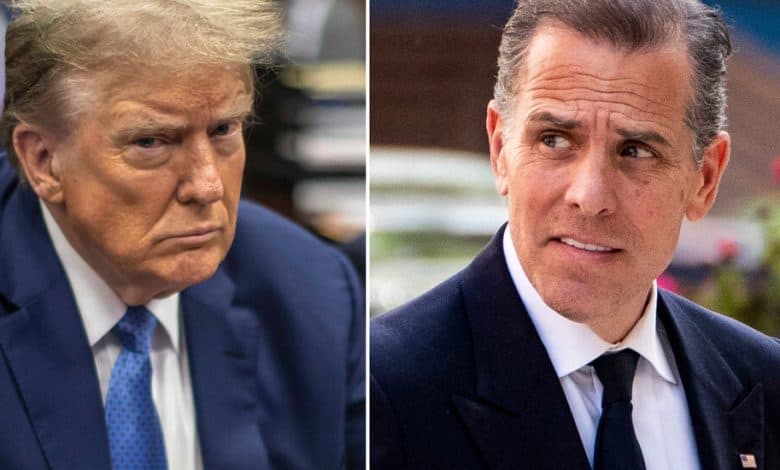A Brief History of the Phrase ‘No One Is Above the Law’

“The American principle that no one is above the law was reaffirmed,” President Biden said after former President Donald J. Trump was convicted last month of falsifying records to cover up a sex scandal.
“No one in this country is above the law,” David Weiss, the special counsel who prosecuted Hunter Biden on gun charges, said after Mr. Biden was convicted this week. “Everyone must be accountable for their actions.”
So, we get it. No one — not even the president’s son or an ex-president — is above the law. The expression has been used by plenty of political figures in recent weeks, including Vice President Kamala Harris (“Donald Trump thinks he is above the law,” she said at a recent campaign event). The phrase “above the law” has appeared in The New York Times 100 times this year alone.
The specific origin of the phrase is not clear, with several people getting credit for pushing it forward.
But as popular as the expression has become, it has been a fundamental principle of democracy for hundreds of years, a history with cameo appearances by King John of England, Teddy Roosevelt, Richard Nixon and a mysterious individual known only as Z.
A foundational principle, with some nuance
For a term used by lawyers, “no one is above the law” seems refreshingly straightforward. Still, it is not so simple as saying “everyone gets treated equally.”
